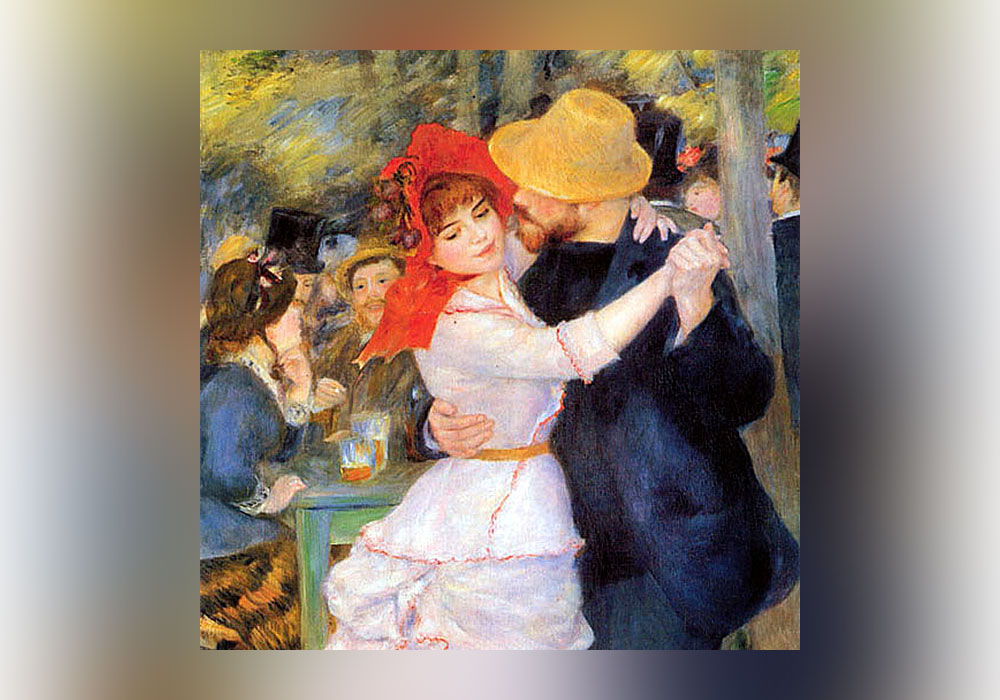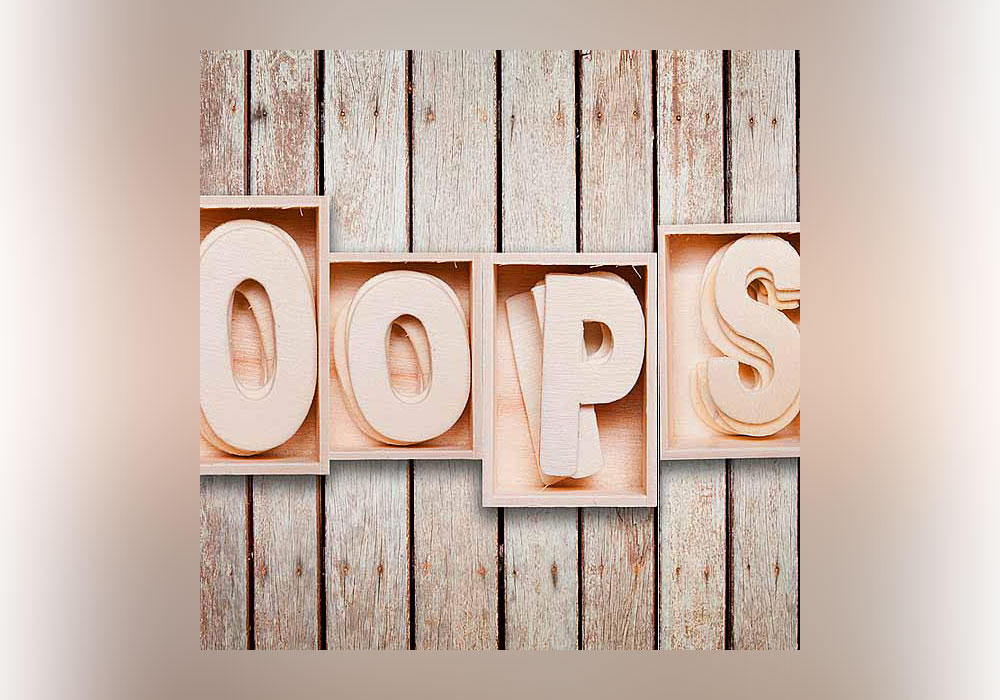Get in the Game: 10 Gaming Terms Decoded
Gaming terms can be as foreign to non-gamers as technical jargon and quantum mechanics, but a closer look at the gamer’s glossary reveals many of the words to be intuitive extensions of words and concepts familiar to the non-gamer. Here are some gaming terms defined and explained for the gamer in all of us. Roguelike Roguelike refers to a type of video game that tends …











